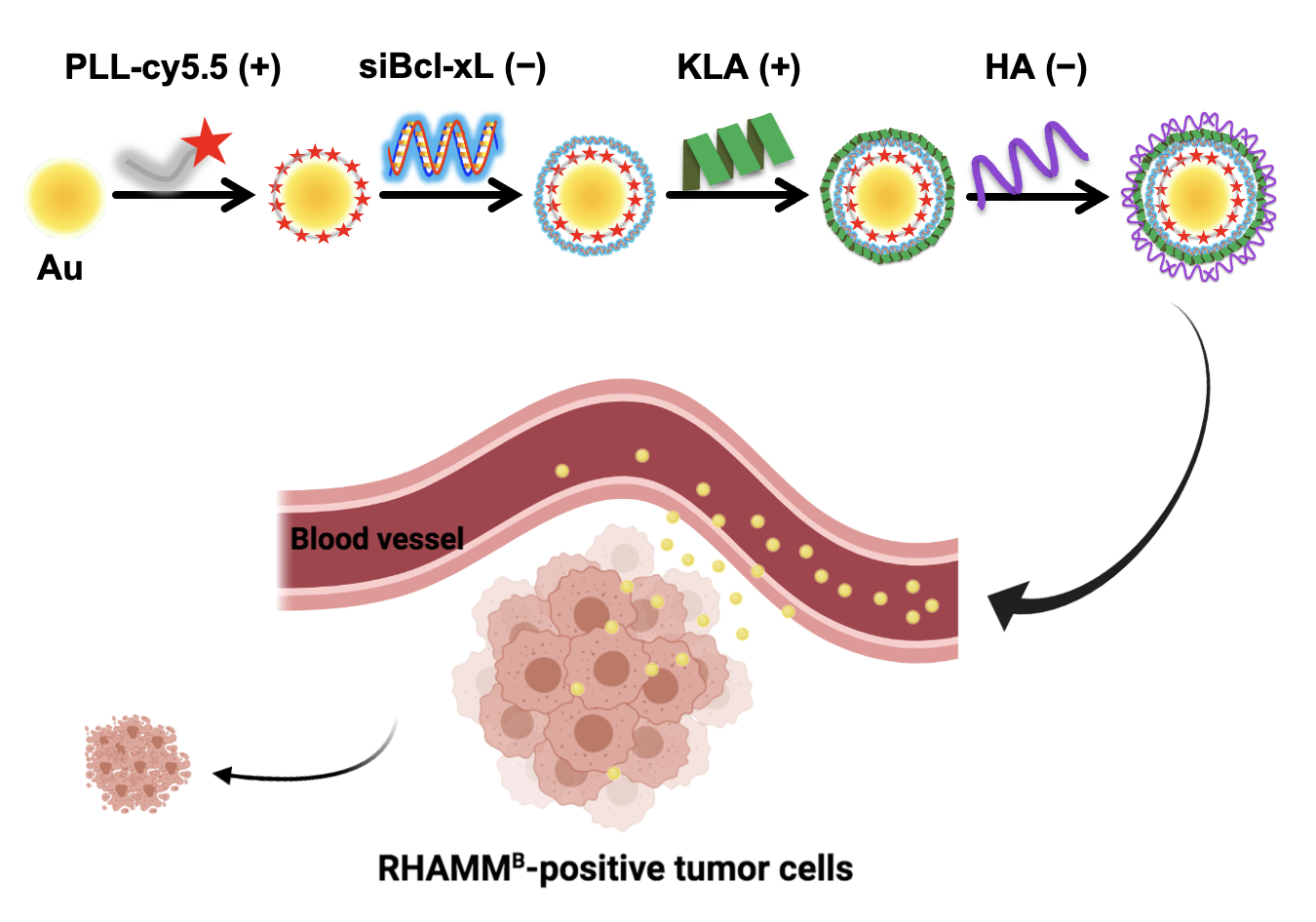
Research
Most cancer patients do not die of locally confined cancer, but rather from cancer that has spread, leading to diminished function of vital organs. Once metastatic disease is diagnosed, patients can no longer be cured with current therapies. There is a vital need to identify novel therapeutic targets and treatments to halt the metastatic progression of cancer.
The Du Lab focuses on (1) dissecting the molecular mechanisms underlying metastasis, and (2) developing novel therapeutic strategies for metastatic cancer. Most of the current work uses breast cancer and pancreatic cancer as disease models with the goal that our discoveries will fundamentally impact treatment paradigms in aggressive malignancies and save lives of cancer patients. The Du Lab has generated several mouse models for pancreatic cancer and breast cancer, including genetic engineered mouse models, xenografts, spontaneous metastasis models, and experimental metastasis models. These mouse models provide the unique opportunity for the investigation of cancer metastasis and therapeutic development. The Du Lab has made a number of significant contributions to the field of cancer metastasis. The Du Lab demonstrated a novel nuclear function of Bcl-xL in promoting tumor migration and invasion by a mechanism distinct from its known role in anti-apoptosis in breast cancer and pancreatic neuroendocrine tumors. The Du Lab was also the first to identify the crucial role of isoform B of the receptor for hyaluronan-mediated motility (RHAMMB) in cancer metastasis and its prognostic value in multiple cancer types. Nanoparticles to specifically kill RHAMMB-positive cancer cells were developed (Figure, Chen et al., 2021 and provisional patent application filed). Moreover, the Du Lab recently discovered a potential use of low-dose carbon monoxide (CO) to inhibit cancer cell migration and metastasis in mouse models (Zhang et al., 2022 and provisional patent application filed).
Figure 1

Current Projects:
- The molecular mechanisms underlying metastasis
- Novel therapeutic strategies for metastasis
Bio
Dr. Du earned a bachelor’s degree in Life Science from National Tsing Hua University, Taiwan. She pursued her PhD studies in Dr. Bruce Stillman’s lab at Cold Spring Harbor Laboratory and discovered a regulatory mechanism that coordinates cell proliferation with DNA replication and ribosome biogenesis. She conducted her postdoctoral work on tumor metastasis using transgenic mouse models with Nobel Laureate Dr. Harold Varmus at Memorial Sloan Kettering Cancer Center.
Distinctions:
- Scholar-in-Training Award, AACR
- President's Council of Cornell Women Affinito-Stewart Award
- Career Development Award, Department of Defense
- Breakthrough Award, Department of Defense
- Rasweiler Family Research Scholar in Cancer Research
